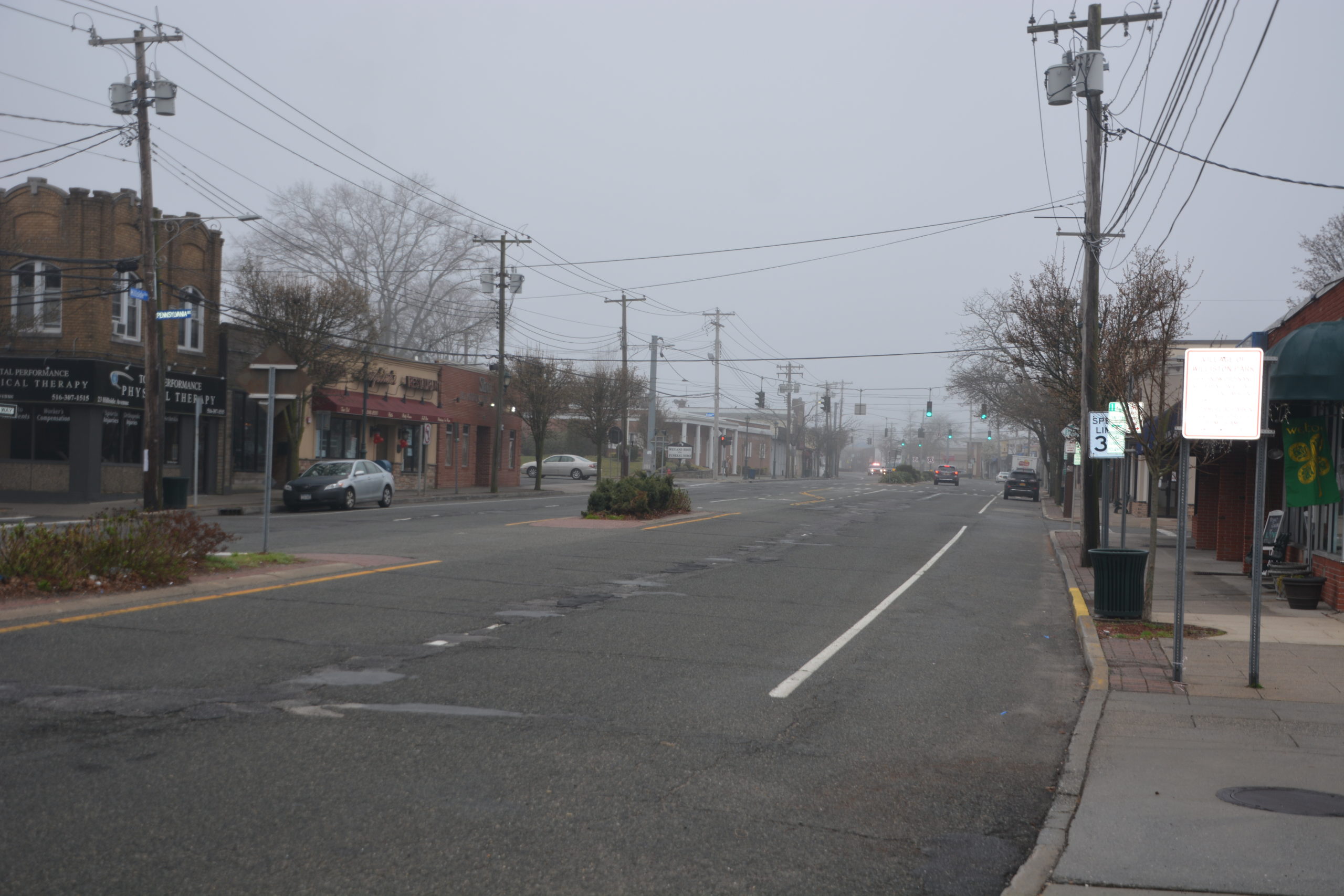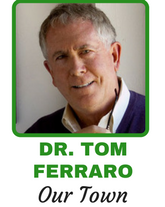On Friday I was ordering take out at Hildebrandt’s and who should walk in the store but a local dentist who I know casually for many years.
We said hi to each other and began to chat and I noticed that he kept backing away from me until he was right up against the front door. It then dawned on me that he was afraid I was one of “the infected ones” and that he may catch the dreaded coronavirus if I coughed. Welcome to the age of paranoia. It is like all those zombies movies are coming true. One bite or even one cough and we are among “the infected.”
Back in 1966 the Buffalo Springfield song a song with the line “Paranoia strikes deep. Into your life it will creep. It starts when you’re always afraid. You step out of line, the man comes and takes you away.”
Looks like Stephen Stills was way ahead of his time.
Virtually everyone I have spoken to about the coronavirus virus says the same thing. They all first use the word ‘crazy’ and then we go on to talk about how our reaction to this latest pandemic all seems rather extreme and over the top what with hoarding of toilet paper and hand cleansers.
And next we will be faced with an economic collapse of seismic proportions.
I can see that a new cultural syndrome has emerged that could easily remove our preoccupation with the term narcissistic personality and replace it with the term paranoid personality. But first, let us define our terms.
Paranoia is a thought process influenced by fear and characterized by a sense of irrationality. There is a sense that one is being attacked by external forces that one is powerless to deal with.
This state is often precipitated by chronic stress, disappointment, humiliation and hopelessness. Some researchers feel that paranoia is produced in a culture where one is uncertain about one’s social standing.
It is easy to understand how the culture has become more paranoid in its thinking. Over the last 40 years and especially after 9/11 we have all been aware of terrorism, an unknown, vague but hostile force that has generated fear in us all.
This fear is reinforced every time we must pass through security screening at the airport. Fear is further exacerbated each time we hear of another suicide bombing in London or New York or Nice.
Our fears only get worse with news of the latest school shooting at Columbine, Sandy Hook, Parkland, Florida or Virginia Tech, etc. And how about the mass shootings in Las Vegas, the Orlando night club or the Aurora movie theater?
Bear in mind that all these traumas are covered in vivid detail by every media outlet on earth.
Is this not a culture that engenders paranoia on a massive scale?
Of course, it is. And in this volatile anxious setting, we introduce a virus that is even more mysterious than terrorism.
We live in strange days indeed. Fears abound and we learn of new warnings such as “shelter in place,” “social distancing,” “Boomer remover,” and “avoid touching your face.”
Narcissism implied a sense of entitlement and self-absorbed grandiose activities. This term has been used to describe Americans since the mid 1970s, nearly a 50-year run. It’s a term we have all gotten used to.
Well, it’s time to say a fond farewell to the age of narcissism and say hello to the age of paranoia. We are now fully embroiled in an age where sinister and dangerous forces lurk behind every corner and are secretly hidden in every handshake and every cough.
The Doors once sang “Strange days have found us. Strange days have tracked us down. They’re going to destroy, our causal joys.”
My older brother Peter would always say to me “Good days are coming, Tommy, good days are coming.”
I can’t wait until they get here. Until then, let’s all ‘shelter in place,’ turn on the tube and watch the up to the minute scientific discussion about the latest death toll. No sports, no church, no synagogue, no work, no shopping, no nothing.
My goodness, Jim Morrison was right, strange days really have found us.




